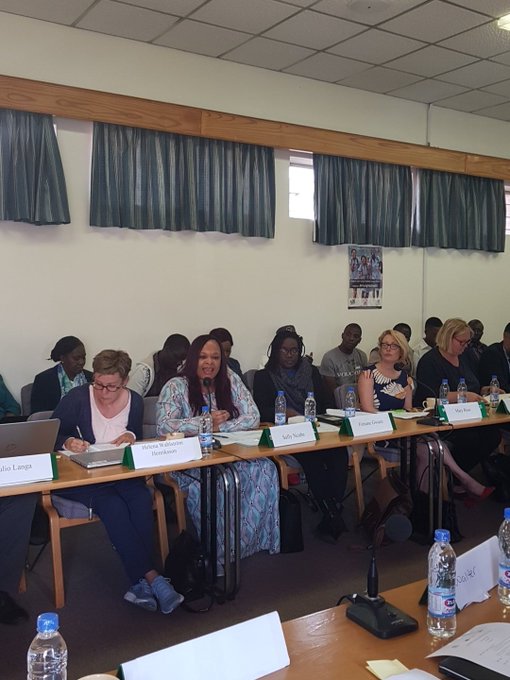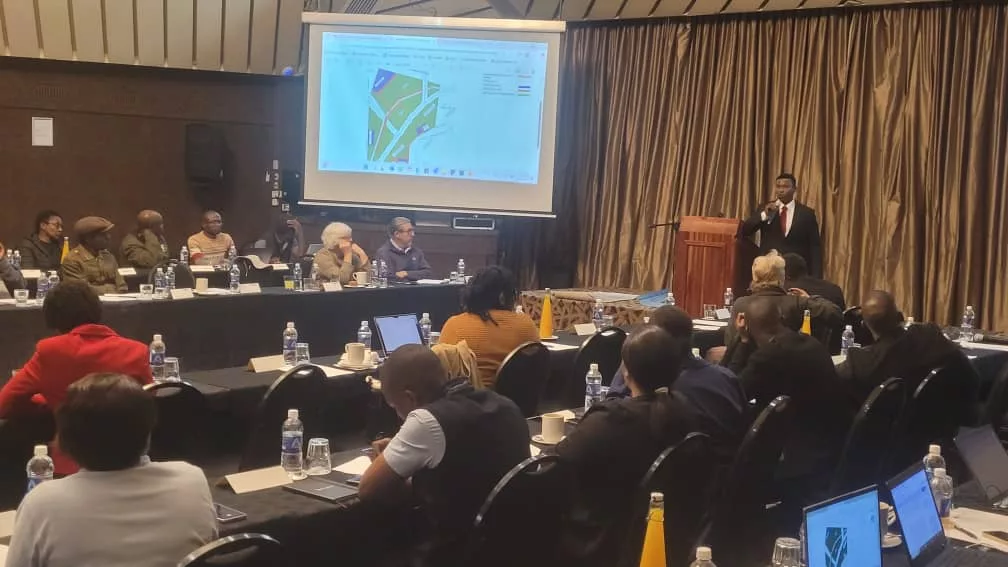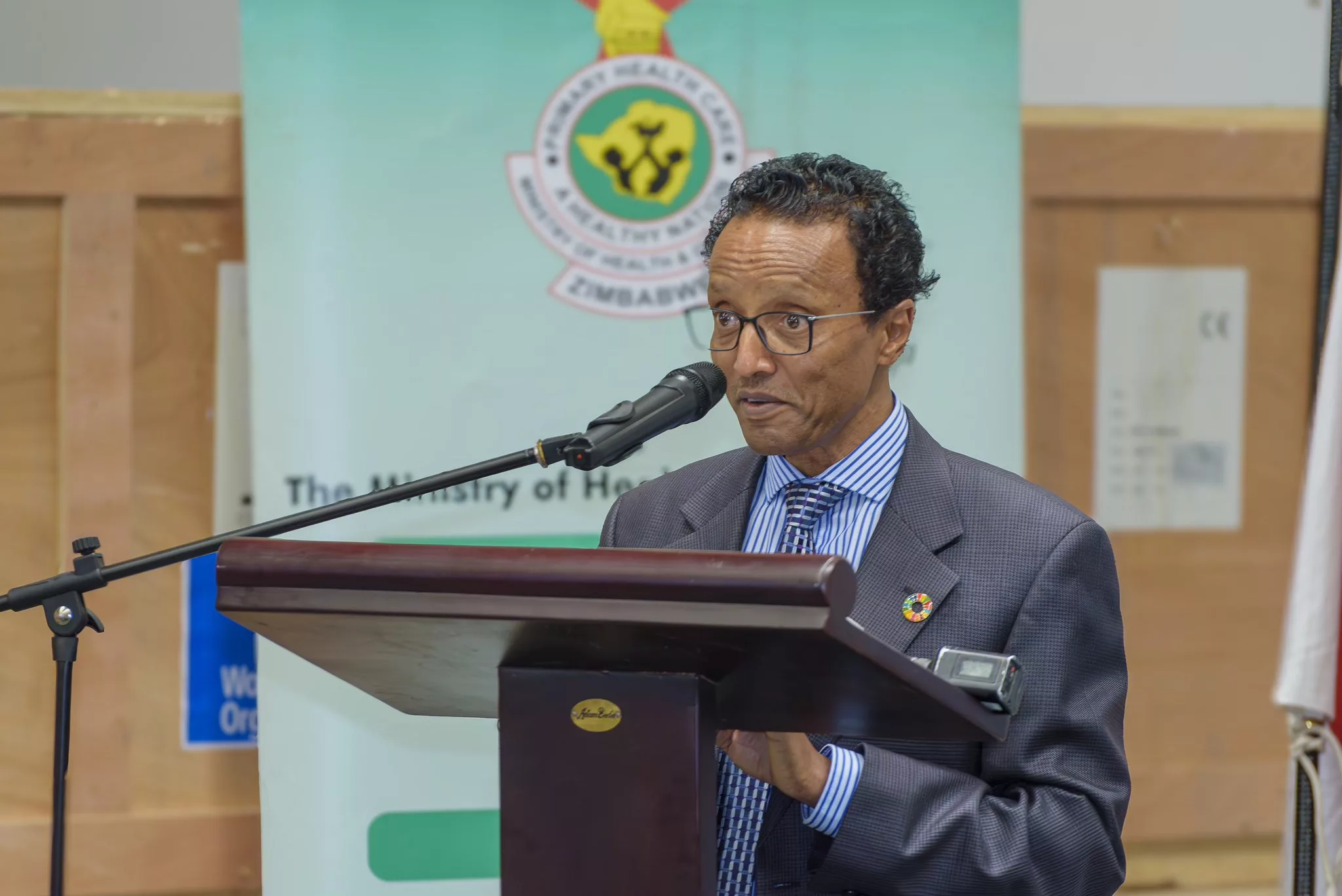The Women’s Coalition of Zimbabwe (WCOZ), representing non-partisan women’s rights organizations and activists in all the 10 provinces of Zimbabwe is calling on general members of the public, state and nonstate actors and duty bearers to ensure the promotion of women’s rights through the COVID 19 prevention and response processes.
With Zimbabwe having confirmed the Covid-19 cases, the collective duty of care in the reality of COVID-19 is urgent as with any disaster or crisis, women and children in their diversity are affected differently and require deliberate safeguarding and social protection mechanisms at all levels, the women’s rights body said.
“WCoZ acknowledges the ongoing efforts by the Government of Zimbabwe, the private sector, Civil Society Organizations, and other stakeholders. However, the recent developments of confirmed cases in Zimbabwe, place an obligation on every stakeholder to rise to the occasion and step up efforts to minimize further spread of the pandemic and ensure that all response mechanisms protect women and girls from all forms of discrimination, abuse and exploitation in the face of this global pandemic. COVID-19 emergency calls for our collective efforts in terms of response and action,” WCOZ said in a statement.
It is therefore against this background that WCoZ we called on:
1. The Government of Zimbabwe to ensure a women’s rights responsive COVID-19 rapid response plan, paying attention to the safety of women fighting on the frontlines of COVID-19, women’s specific emergency response needs, inclusion, representation and full participation in the national response structures and processes at all levels.
2. The Government of Zimbabwe to provide a comprehensive approach to intensive testing and safety in public spaces including market places and public transport.
3. The Government and other private players to come together and move with speed in putting in place facilities and machinery critical to responding to this pandemic and providing required social protection mechanisms for marginalized communities and women in their diversity.
4. The media and the Ministry of Information and Publicity to intensify awareness campaigns by making use of the print and electronic media to disseminate information in all the 16 languages stipulated in the constitution and further ensure that marginalized groups such as rural communities, a person with disabilities have access to proper information on COVID19 with regards to prevention and management of the virus. Therefore, sensitization in rural and informal settings remains critical.
5. Employers and business owners from all sectors to ensure the provision of safeguarding mechanisms for their employees.
6. Retailers and pharmacists not to take advantage of this crisis by hiking prices of hygiene products.
7. Lastly, we urge communities to ensure the regular practice of public health measures to reduce and delay community transmission of the virus, which measures include, hand hygiene, environmental cleaning, and ventilation. We remain resolute to promoting a society where women’s and girls’ rights are respected and protected and commit to working with the Ministry of Health and Child Welfare towards a Women’s Rights responsive COVID-19 prevention and response action.






